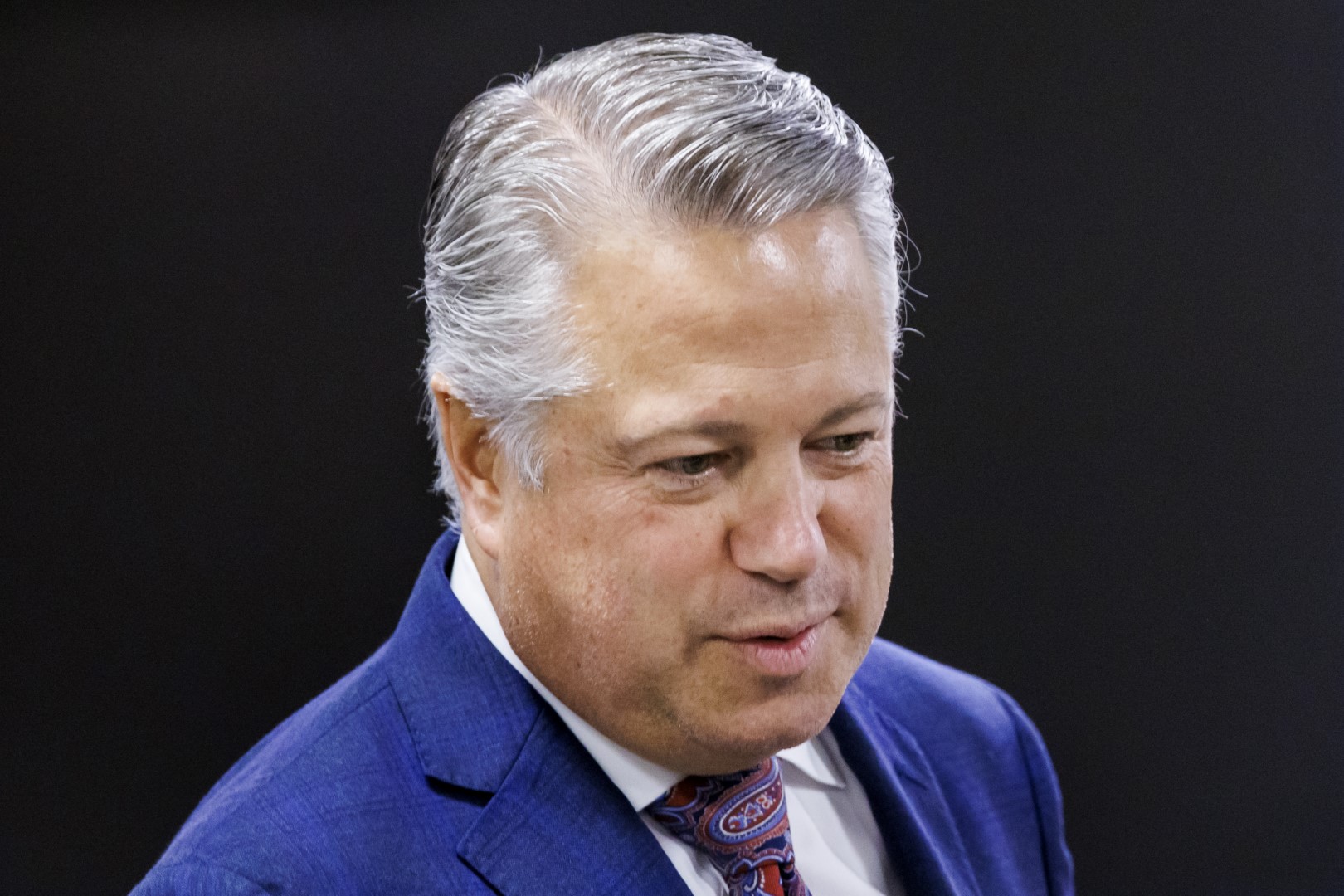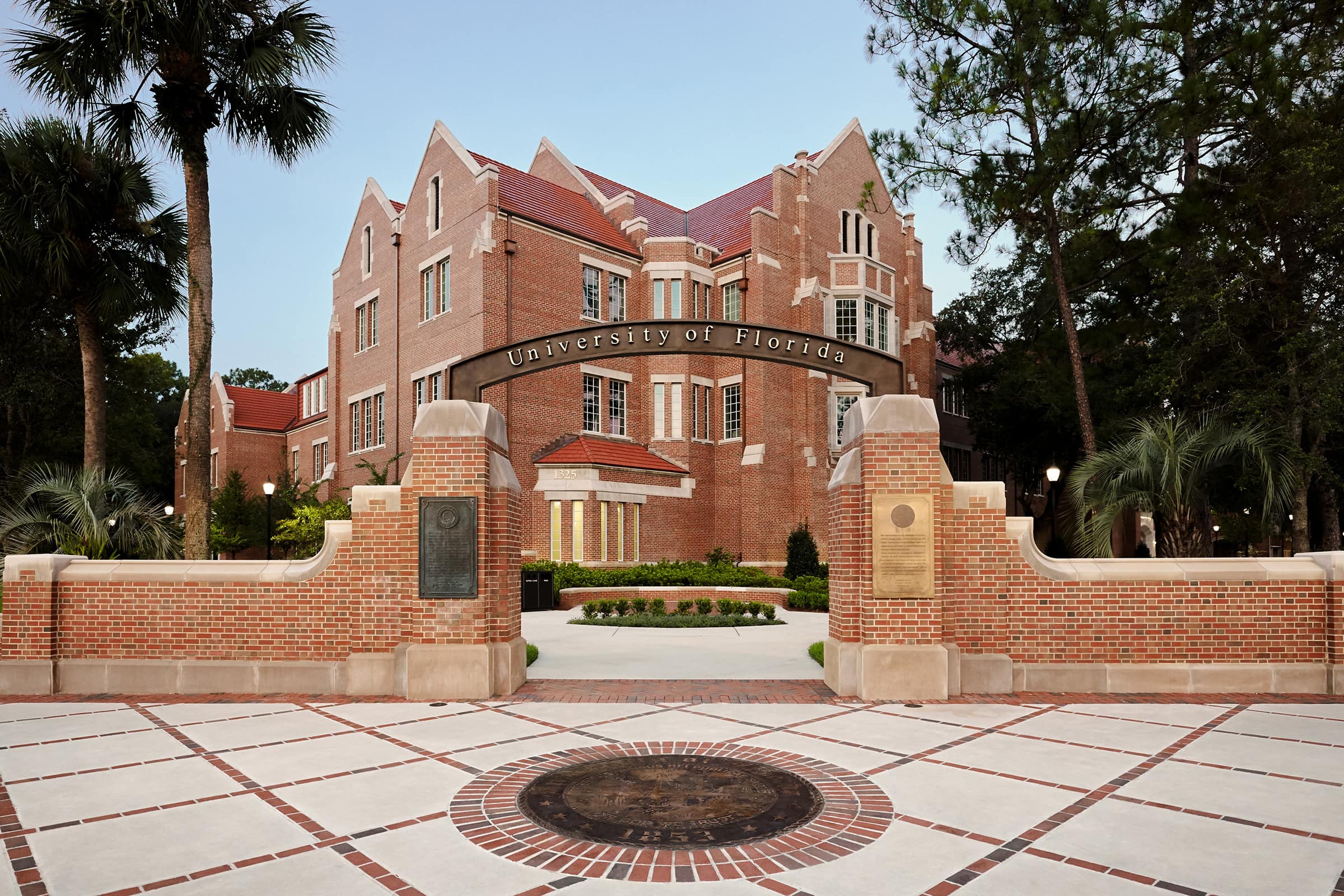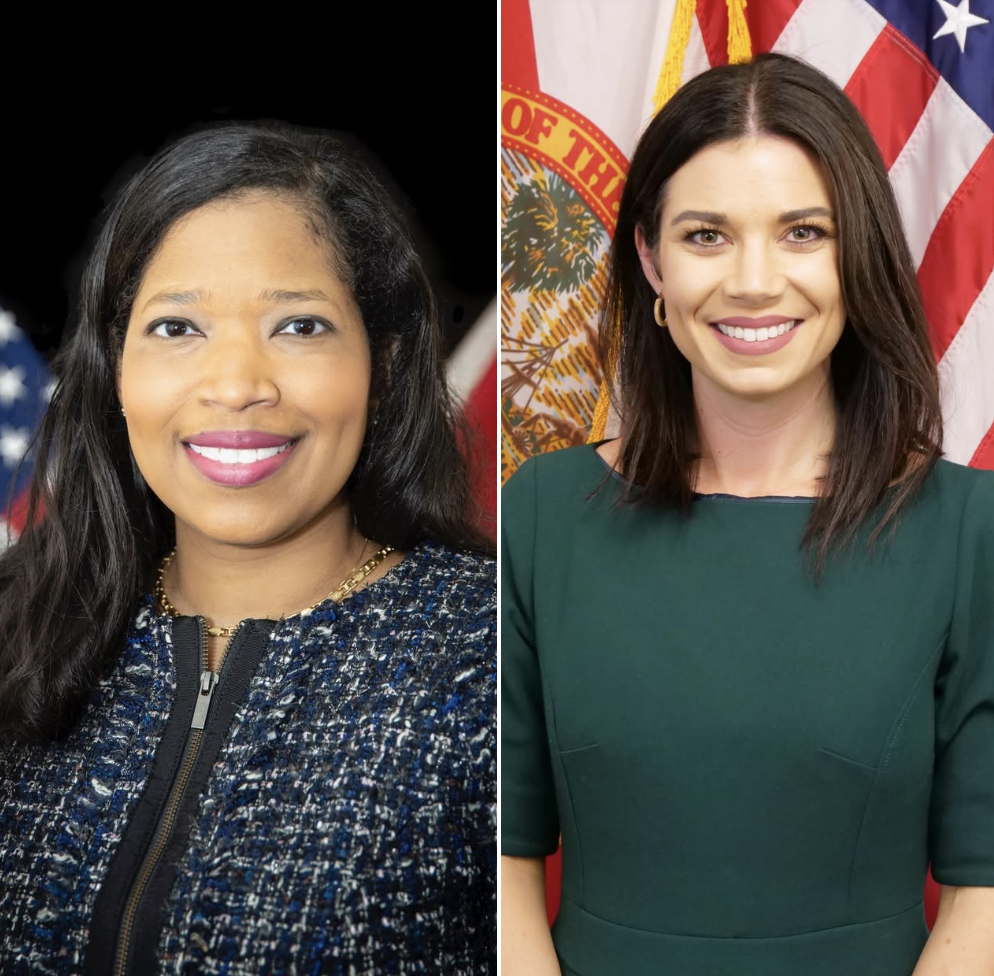Two recent top agency appointments by Gov. Ron DeSantis, both of whom have been grilled by legislators over a charity linked to First Lady Casey DeSantis’ Hope Florida initiative, appear unlikely to win confirmation this session from the Senate.
Sen. Don Gaetz, Chair of the committee responsible for screening appointees, told the Florida Phoenix in a phone interview Monday that of the more than 200 gubernatorial appointees for the Senate to consider this session, roughly 150 are still awaiting action.
He said the committee lacks time to consider the appointment of Shevaun Harris as head of the Agency for Health Care Administration (AHCA) or Taylor Hatch as Secretary of the Department of Children and Families (DCF).
Under Florida law, if the full Senate fails to take action on a confirmation the Governor must reappoint them to that post within 30 days. The Senate would then consider the appointment during its next Session. Appointees who fail to win confirmation a second time must leave their positions.
“I know this: That because we won’t be able to get to her, her term of office will end and he’ll (DeSantis) have to reappoint her,” Gaetz said of Harris’ future as AHCA Secretary.
When asked whether he would vote to confirm Harris at AHCA, the largest of the state’s health care agencies, Gaetz said: “I’d have a hard time voting for Secretary Harris unless she came clean and had a very different story than what she’s telling the House.”
Gaetz also told the Florida Phoenix that he has “serious questions for both of them. They both know it.”
The process
Gaetz, himself a former Senate President, and committee Vice Chair Mack Bernard, a Democrat from West Palm Beach, issued a memo outlining how the Senate confirmation process would proceed under Senate President Ben Albritton for the next two years.
The memo explains that every gubernatorial appointee will be considered by their substantive committee as well as the Ethics and Elections Committee.
“A favorable vote of the Ethics and Elections Committee will be required in order for a nominee to be recommended for confirmation by the full Senate,” the memo says. “However, the President always has the prerogative to move any nomination to the full Senate.”
The committee didn’t begin considering gubernatorial appointments until its March 31 meeting, having spent its previously scheduled hearings discussing substantive legislation instead.
“Tuesday comes before Wednesday. Nominees come to us as they come to us,” Gaetz said, noting that he doesn’t get to “pick and choose” the names on the agenda.
Katherine Betta, a spokesperson for Albritton, said the Governor’s Office is aware of the situation.
“The President’s goal is to have a more thorough process for confirmations by broadening the opportunities for Senators to engage in the confirmation process. There is insufficient time remaining this session to move forward with confirmation proceedings for Secretary Harris and Secretary Hatch. The President has great respect for their dedicated and longstanding service to the state, specifically to the vulnerable populations they have both served and continue to serve over their respective careers in state government. The confirmation process provides the opportunity for reappoint and certainly if that occurs, there would be more time this fall during interim committee weeks and next session for consideration.”
Backstory
DeSantis put Harris in charge of AHCA in February after he tapped Jason Weida, who had been Secretary of that agency, as his Chief of Staff. Before that, Harris had run DCF, the agency that created the nonprofit Hope Florida Foundation to help Casey DeSantis’ Hope Florida. DeSantis then appointed Hatch, who had been Director of the Agency for Persons with Disabilities (APD) to serve as head of DCF.
The Hope Florida Foundation, a direct support organization, has been at the center of a growing controversy surrounding a $10 million “one time donation” health care giant Centene made to it. The money was part of a $67 million settlement the managed care plan signed with the state over Medicaid overpayments.
The foundation then gave $5 million grants to Secure Florida’s Future, a nonprofit tied to the Florida Chamber of Commerce, and Save our Society, another political committee. Within days, those groups made contributions to Keep Florida Clean, which opposed last year’s marijuana-legalization initiative. James Uthmeier, the Governor’s former Chief of Staff, now Florida Attorney General, controlled Keep Florida Clean.
House Health Care Budget Subcommittee Chair Alex Andrade told members of the Hope Florida Foundation during their board meeting last week that the contributions could jeopardize the foundation’s 501(c)(3) status and that the foundation should try to recoup the funds.
The Senate Committee on Children and Families voted up on Hatch on March 25, but she still needs the Ethics Committee’s nod.
The Senate Health Policy Committee approved Harris’ nomination as AHCA Secretary on April 1. At that same meeting, the committee approved DeSantis’ choices as heads of the boards of Chiropractic Medicine, Medicine, Optometry, and Physical Therapy Practice.
Likewise, the Ethics Committee will consider a spate of higher education appointees (some of whom are controversial) Tuesday that were considered by the Senate Appropriations Committee on Higher Education on April 15 and April 10, well after Harris and Hatch were initially considered by their substantive Senate committees.
___
Christine Sexton and Jay Waagmeester reporting. Florida Phoenix is part of States Newsroom, a nonprofit news network supported by grants and a coalition of donors as a 501c(3) public charity. Florida Phoenix maintains editorial independence. Contact Editor Michael Moline for questions: [email protected].
Post Views: 0

 Entertainment8 years ago
Entertainment8 years ago
 Politics8 years ago
Politics8 years ago
 Entertainment8 years ago
Entertainment8 years ago
 Entertainment8 years ago
Entertainment8 years ago
 Tech8 years ago
Tech8 years ago
 Tech8 years ago
Tech8 years ago
 Tech8 years ago
Tech8 years ago
 Politics8 years ago
Politics8 years ago











